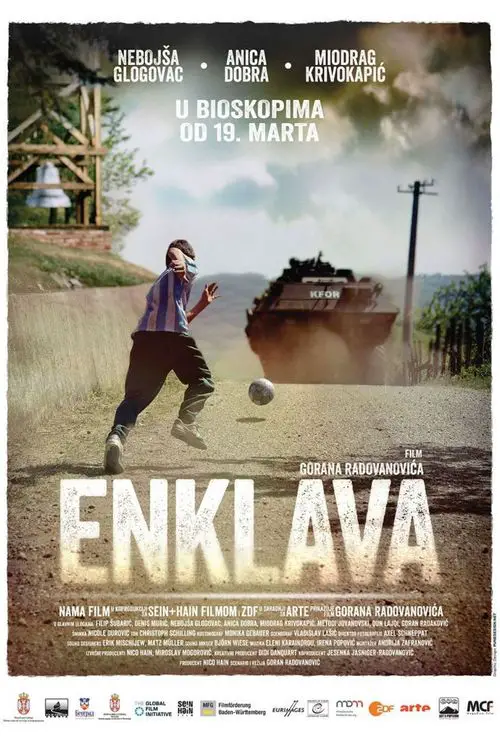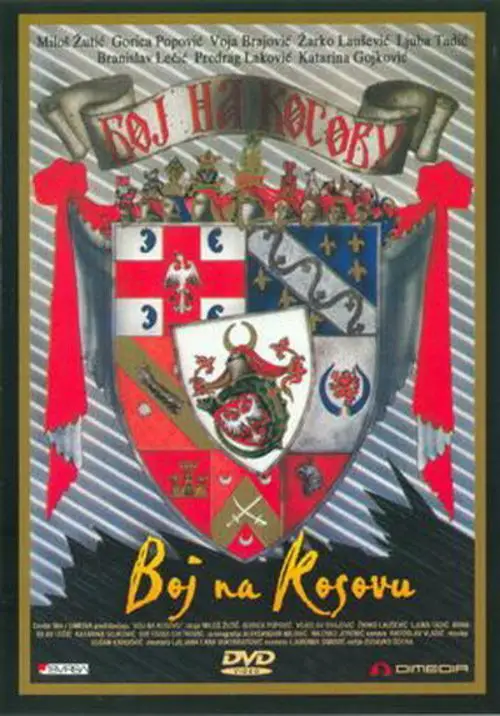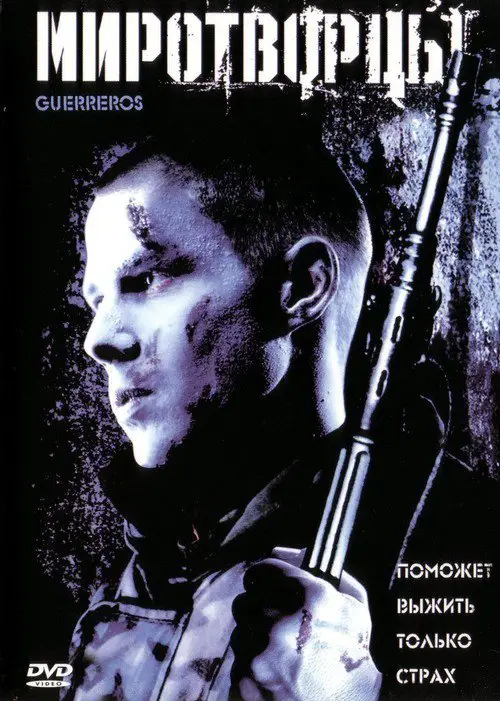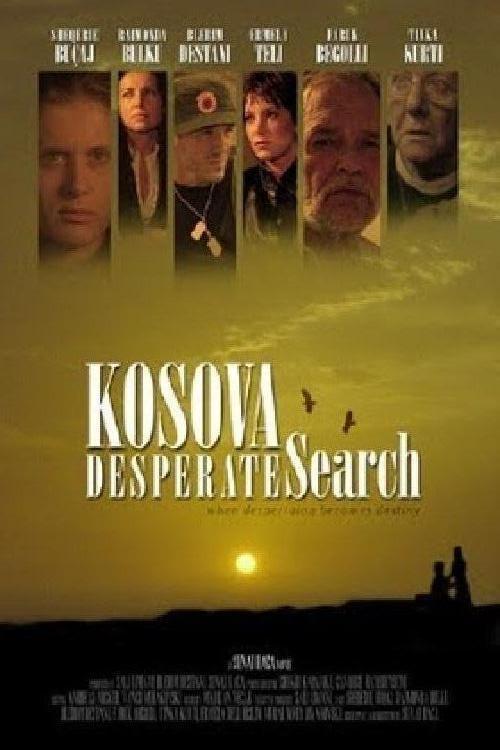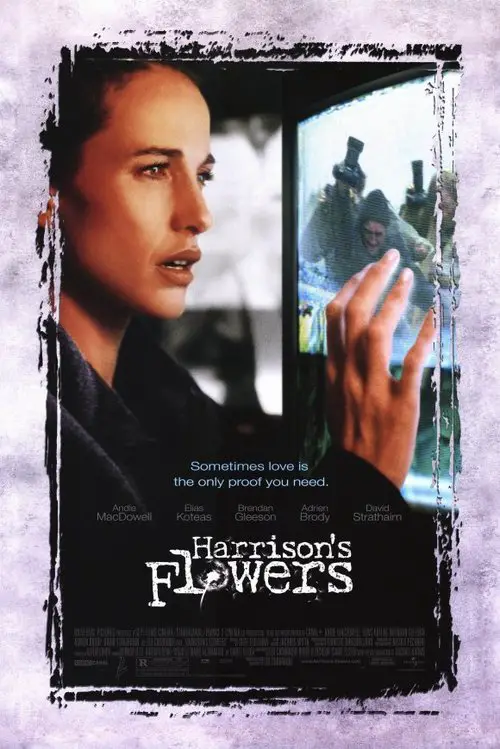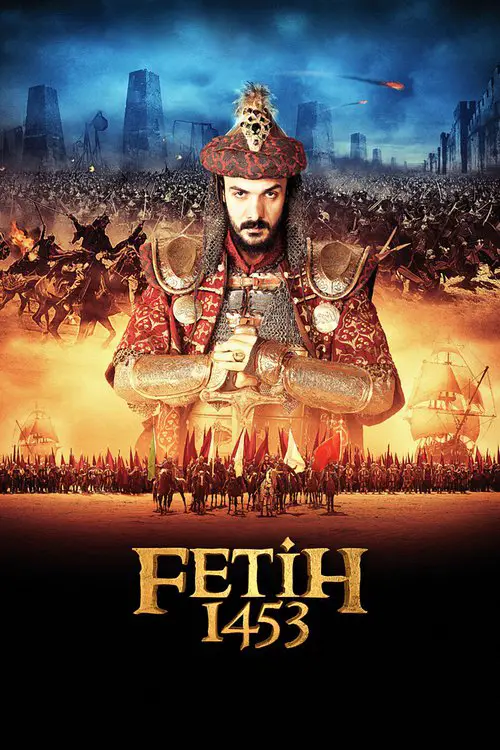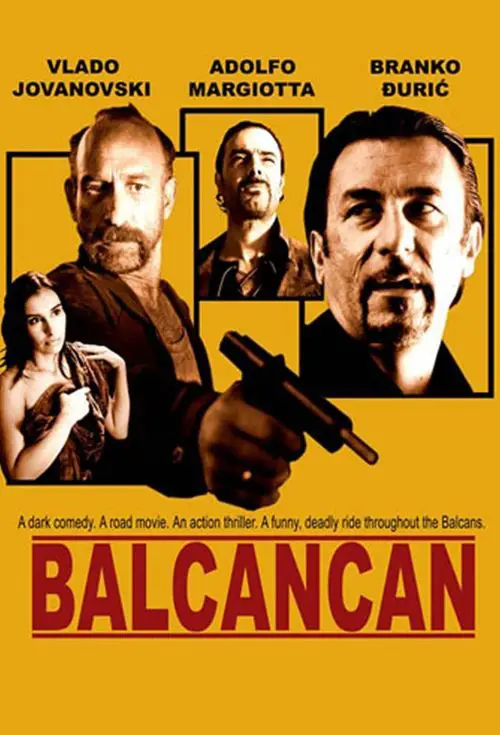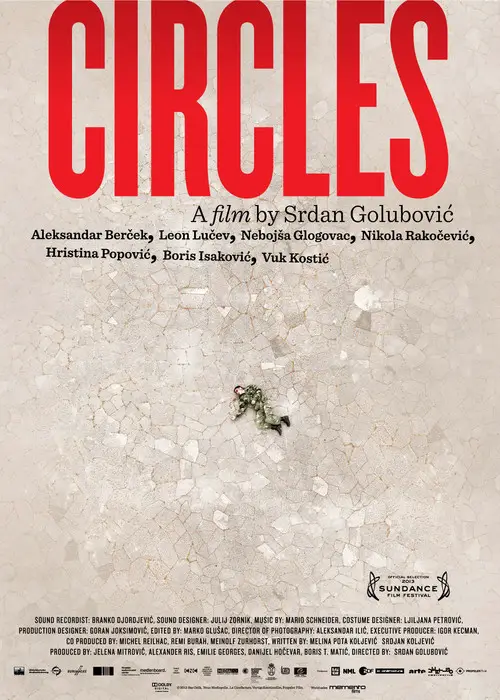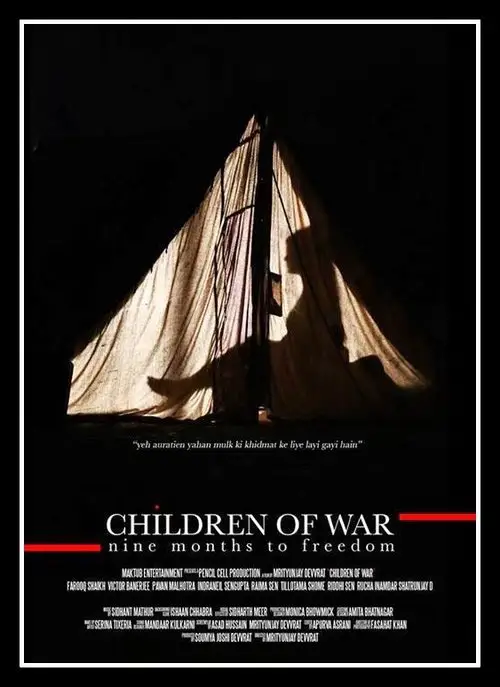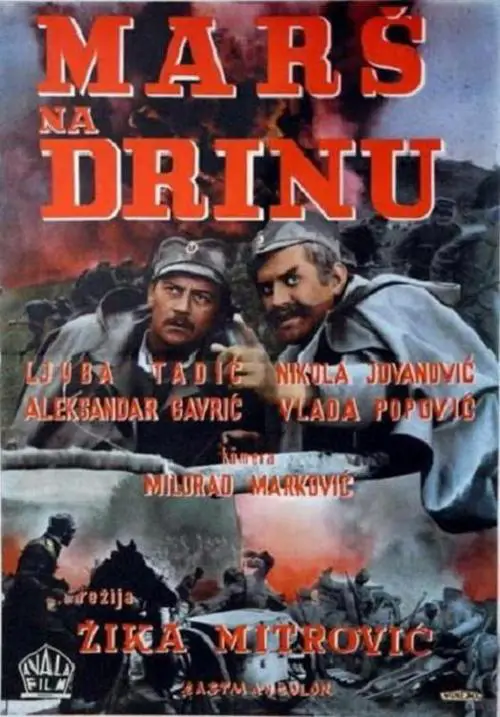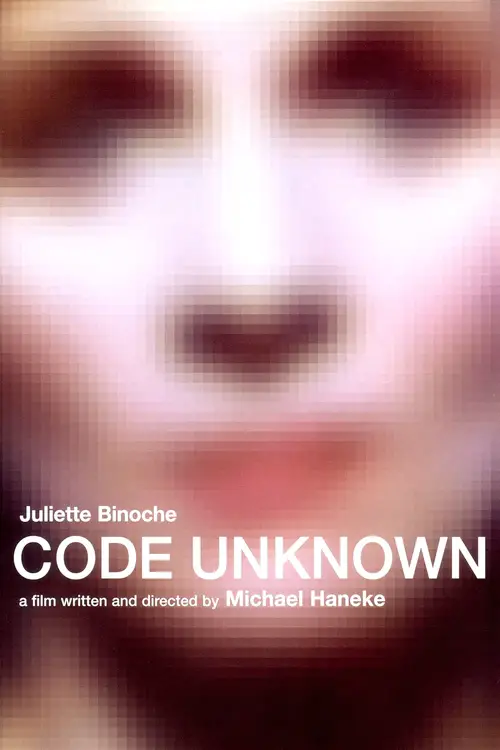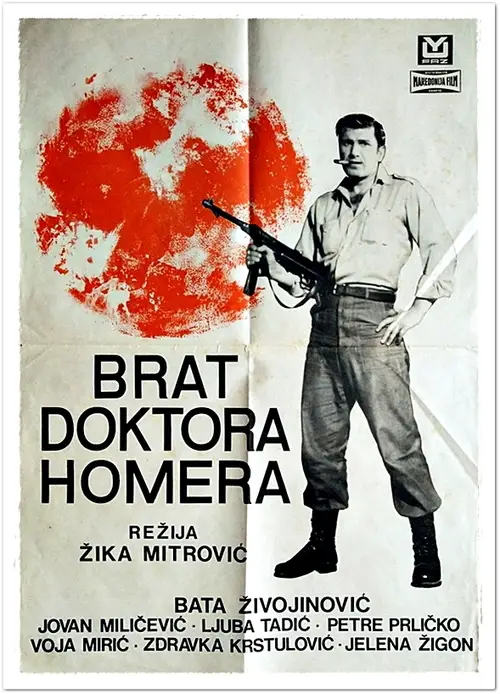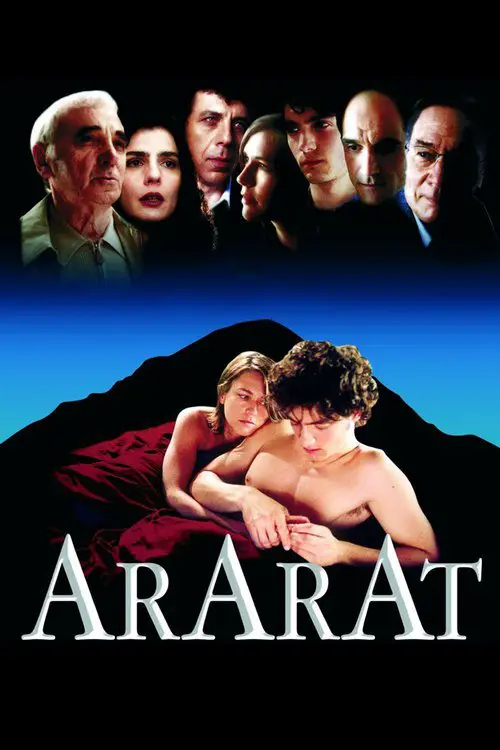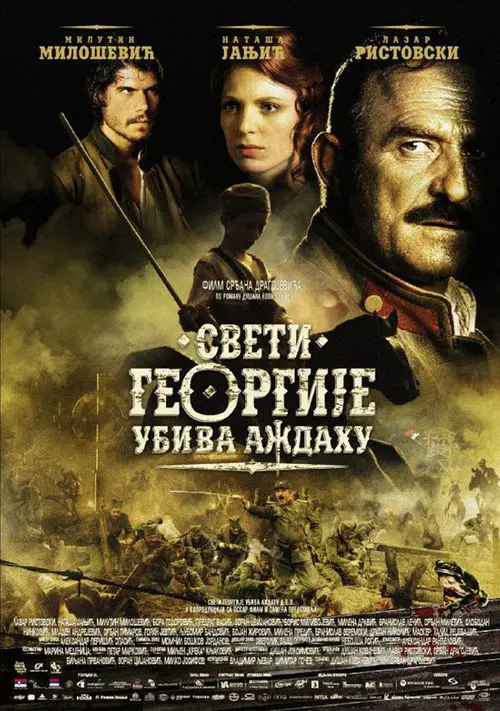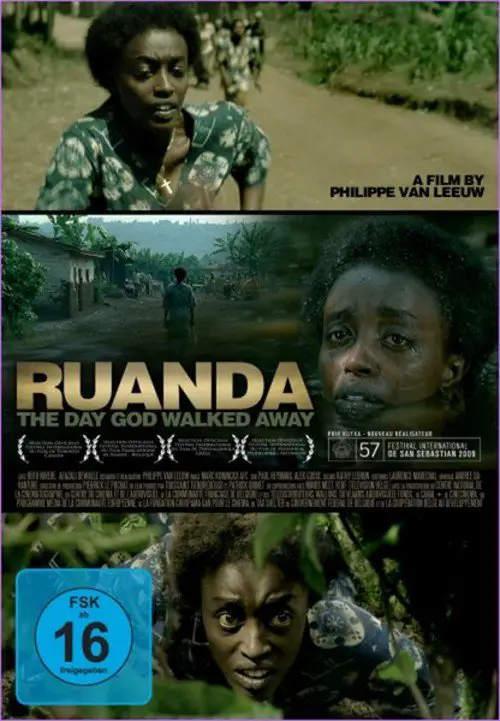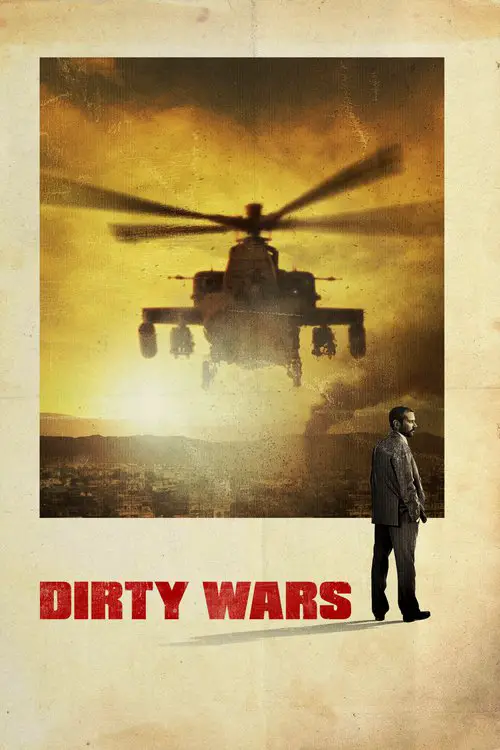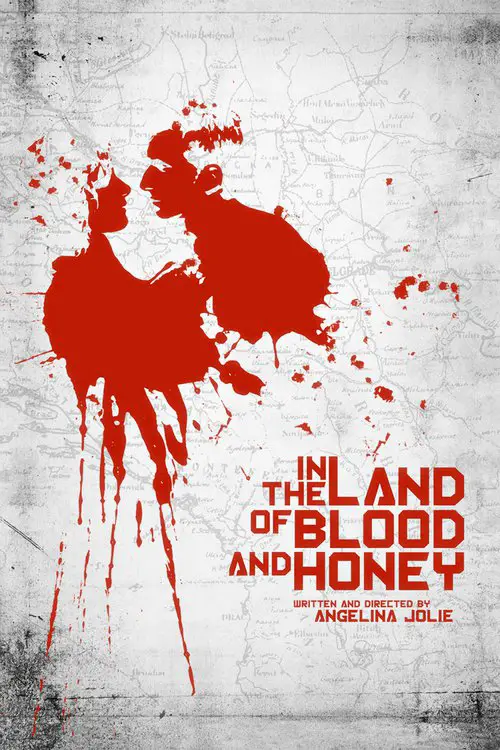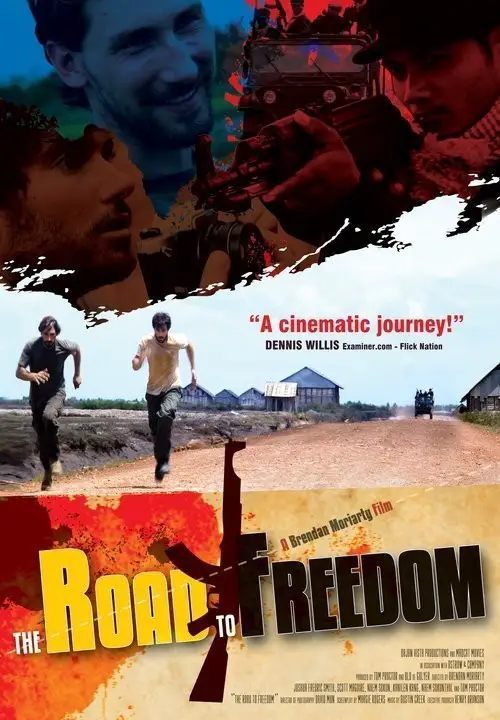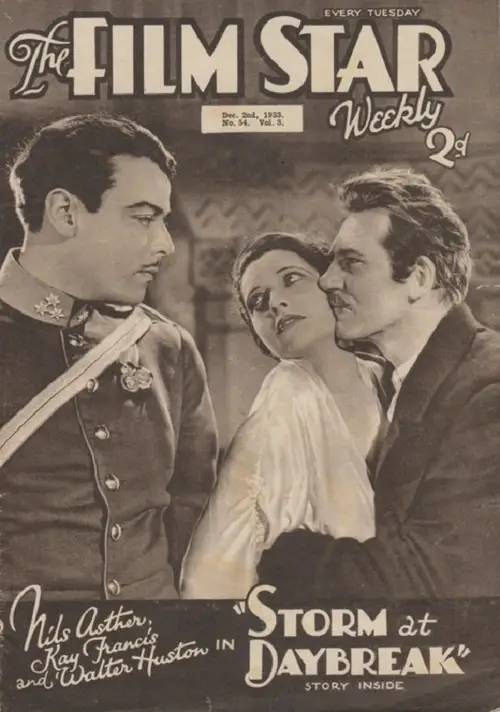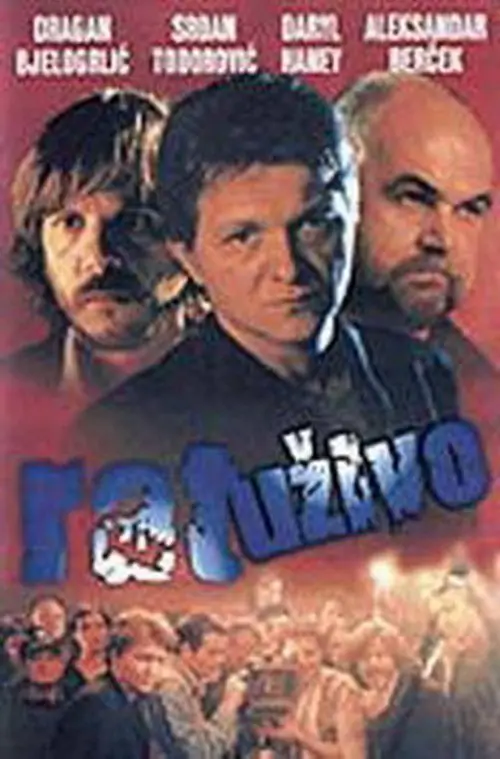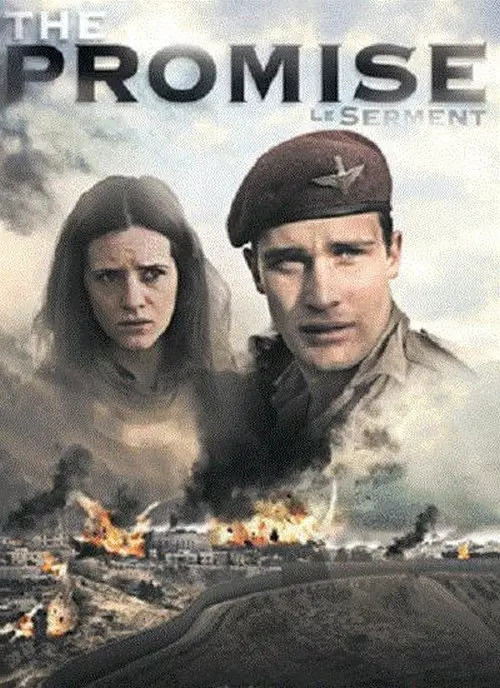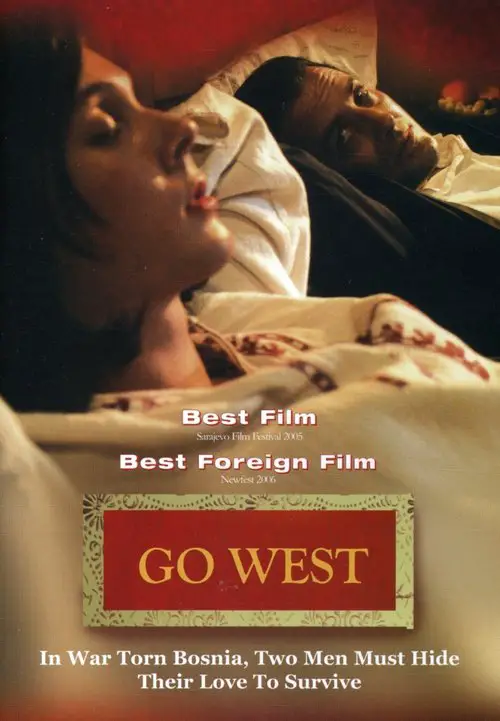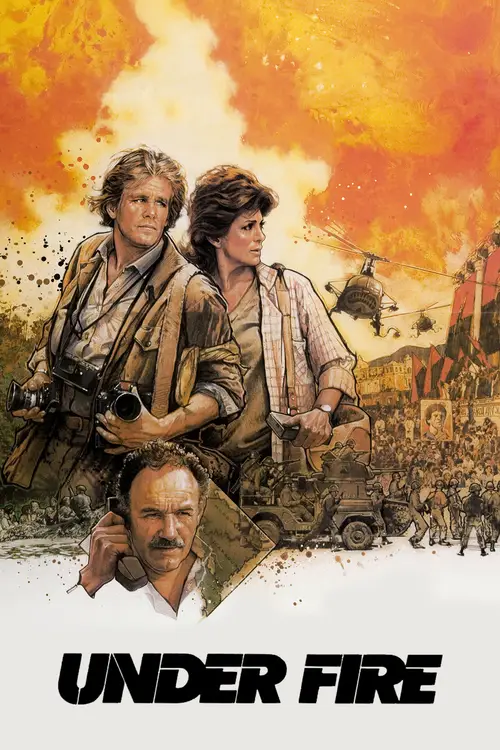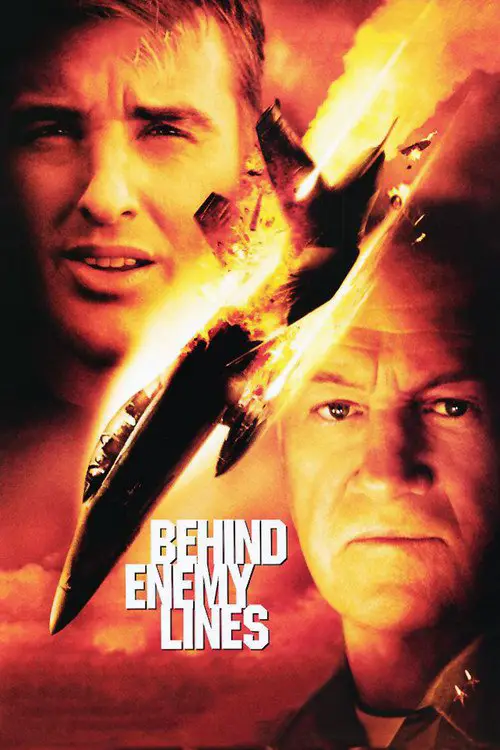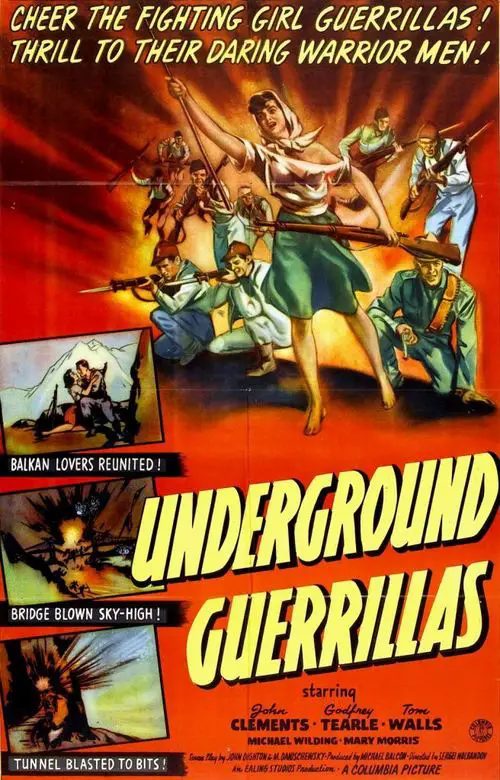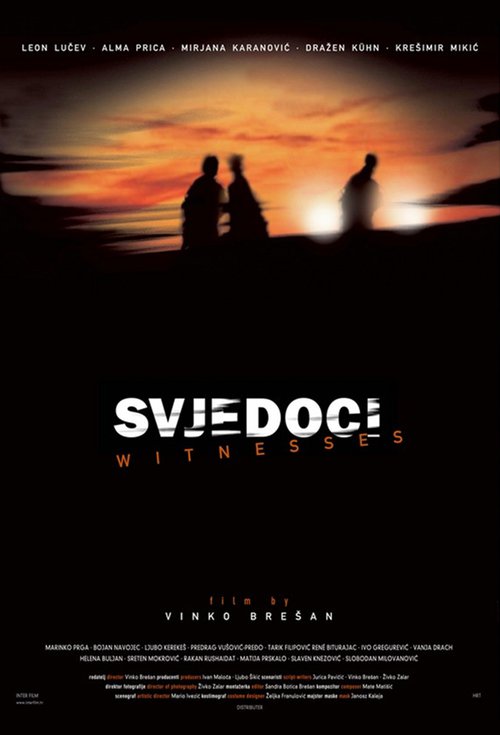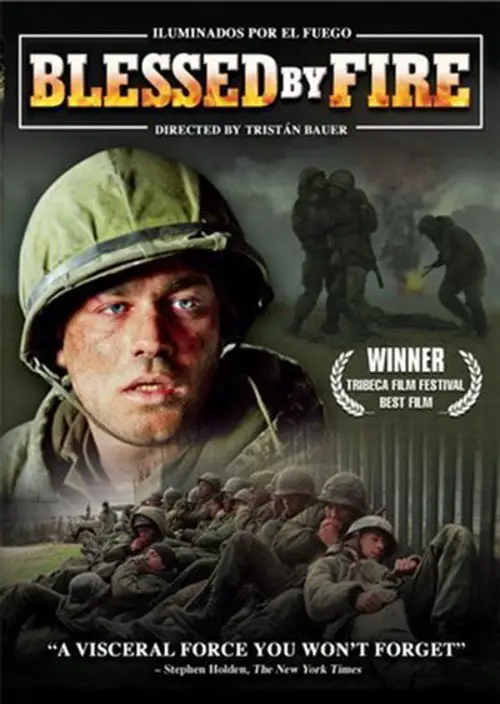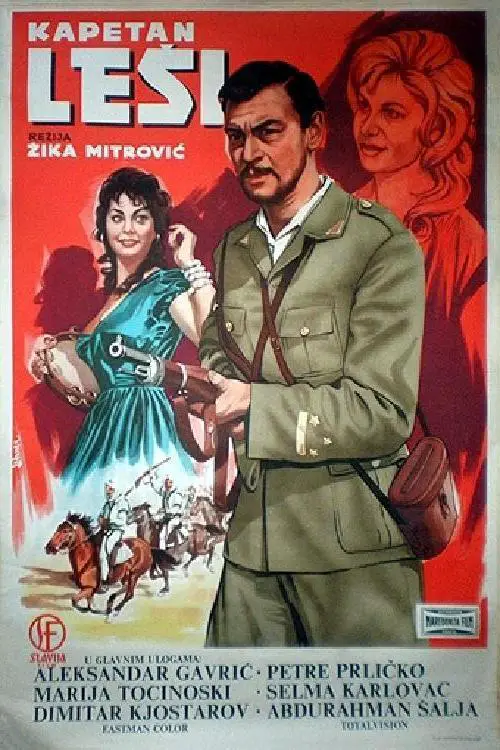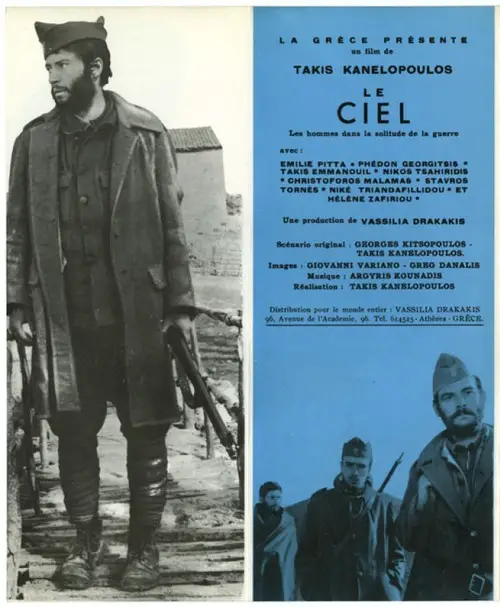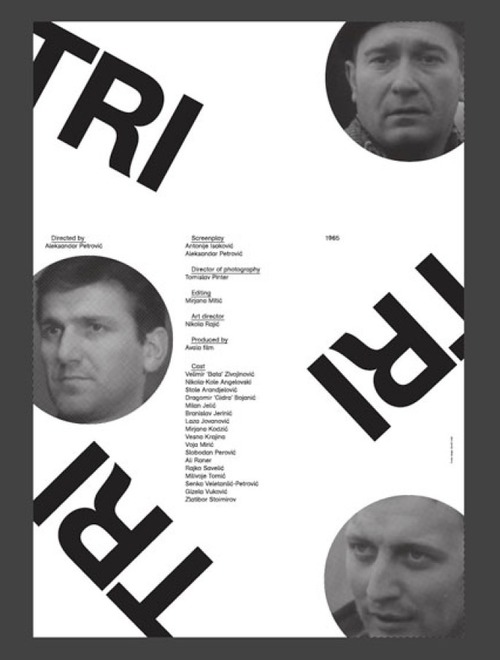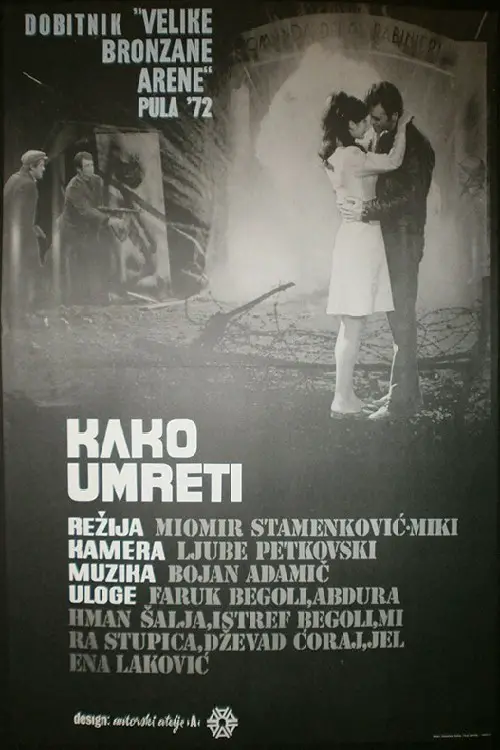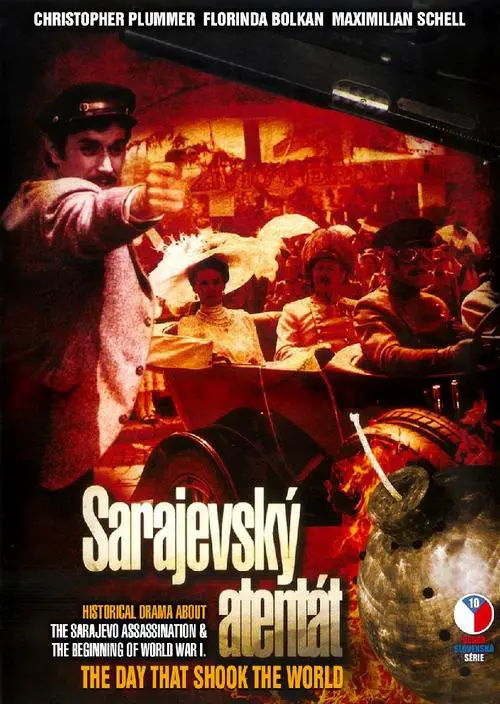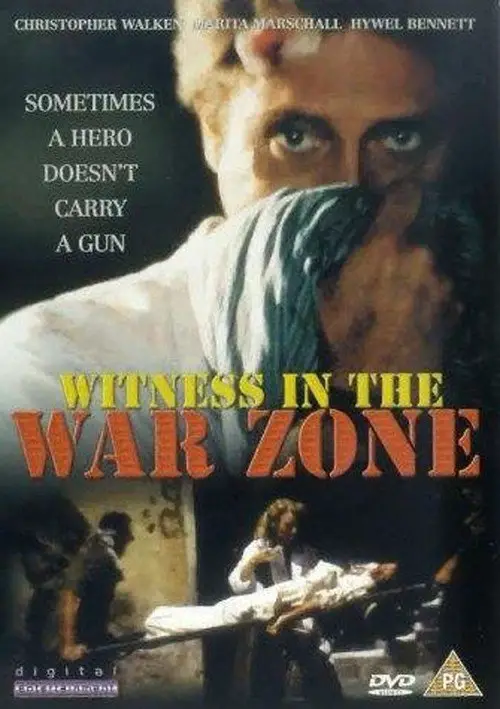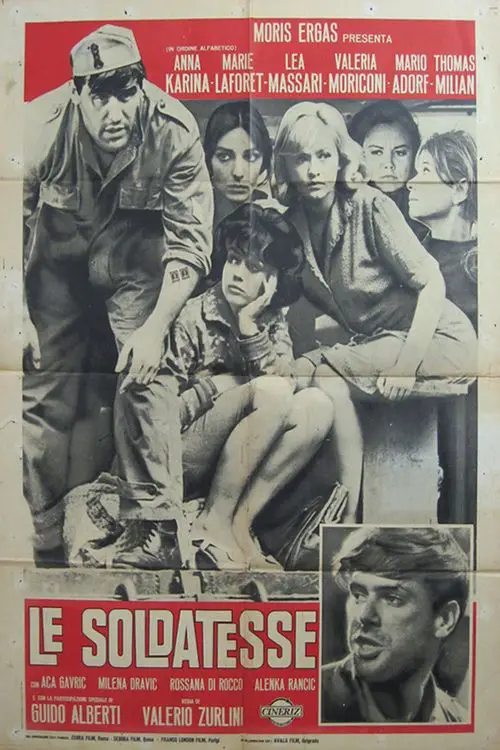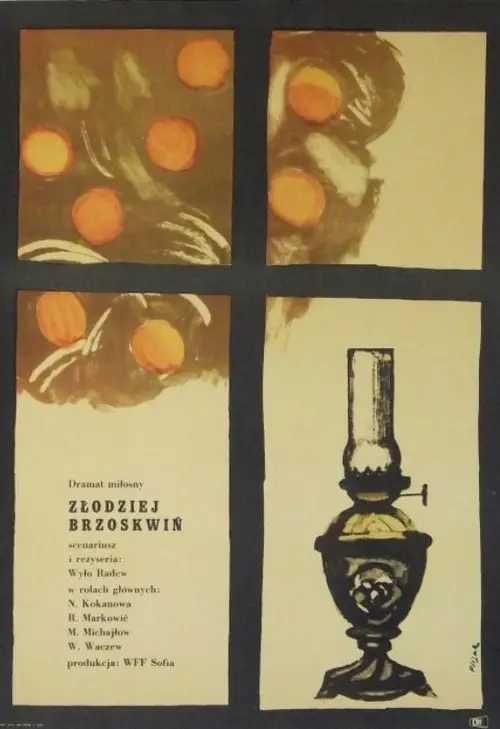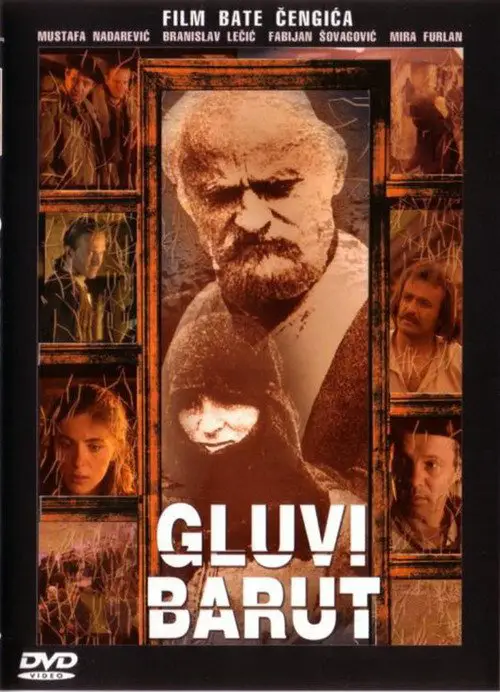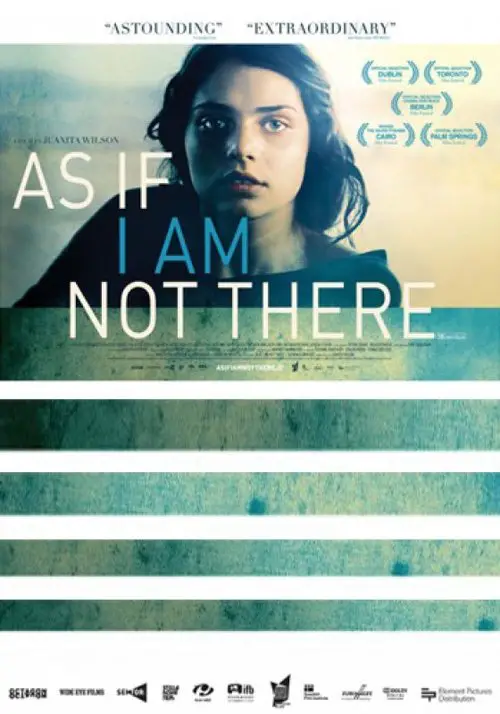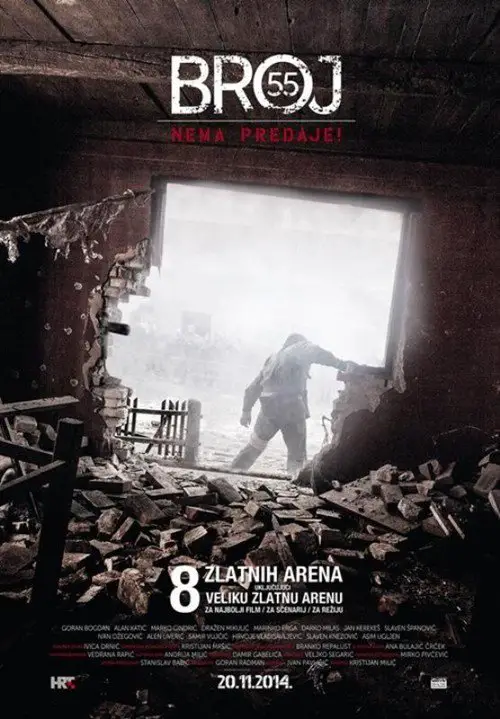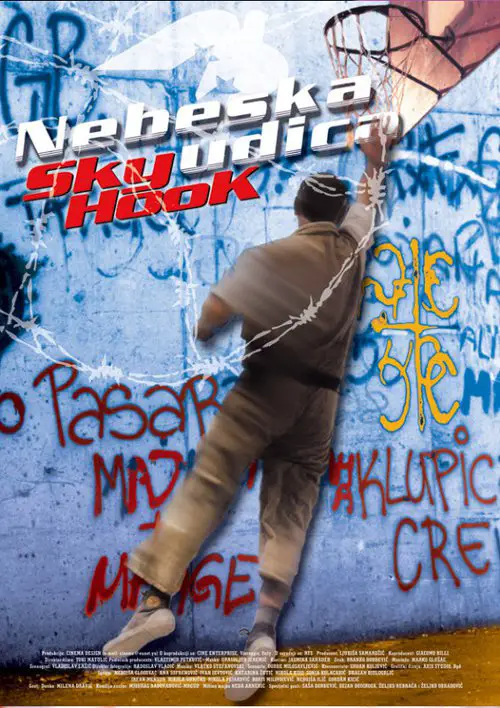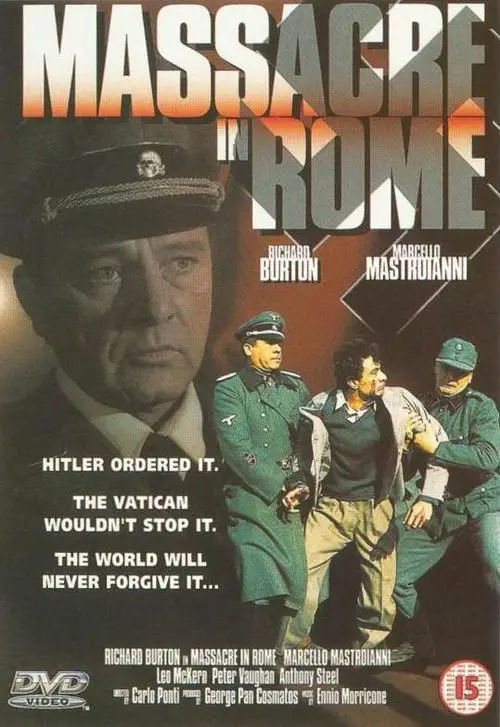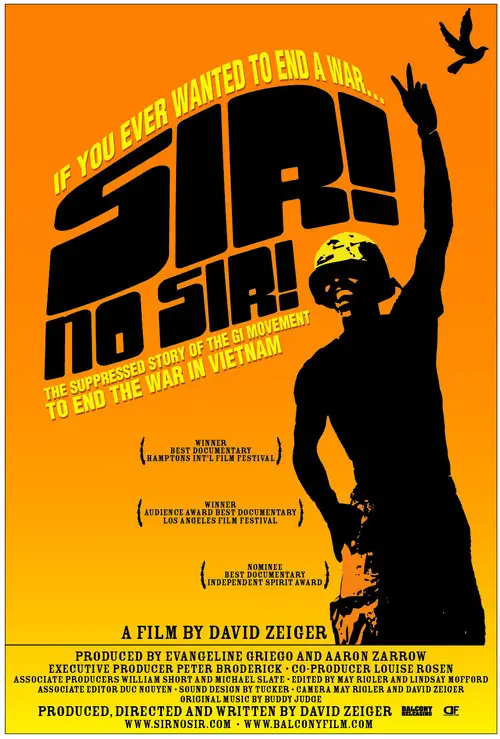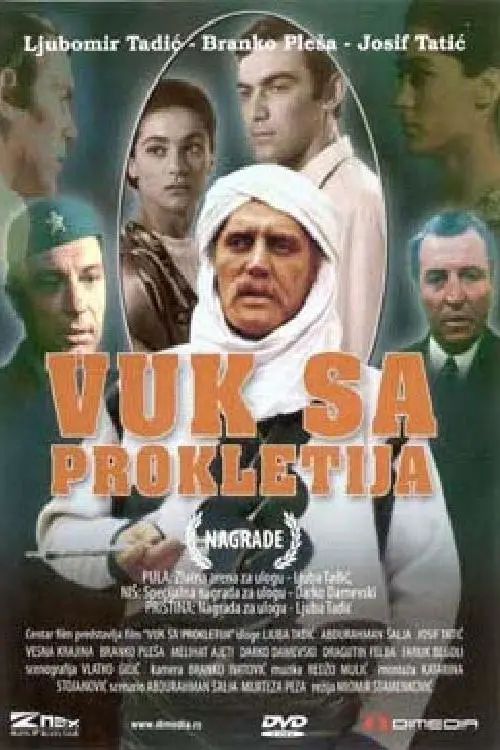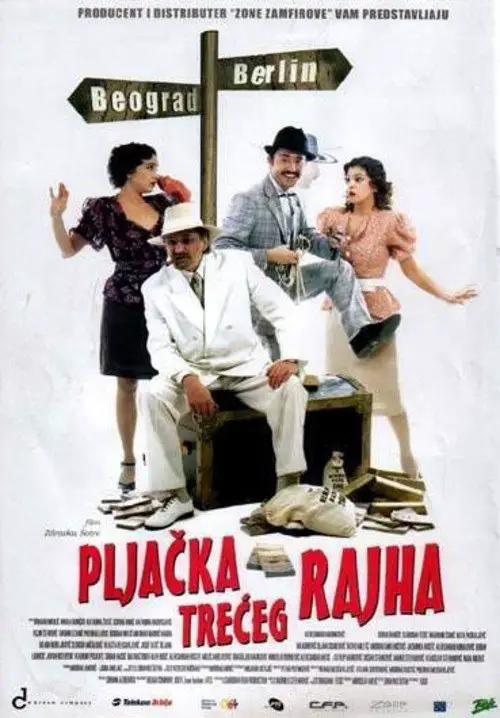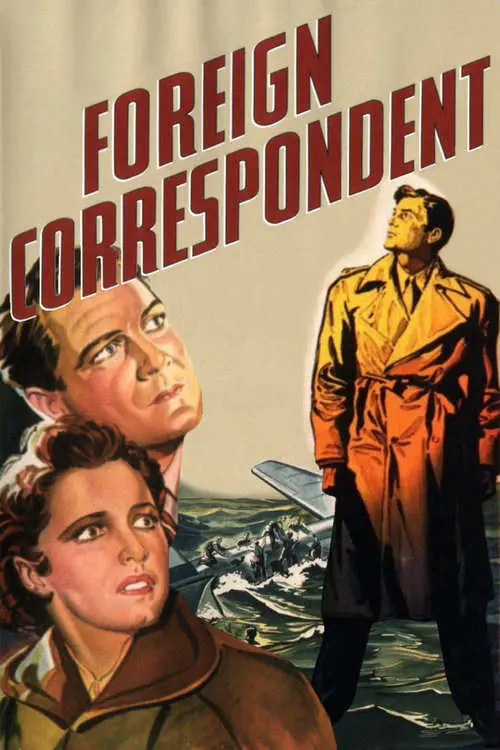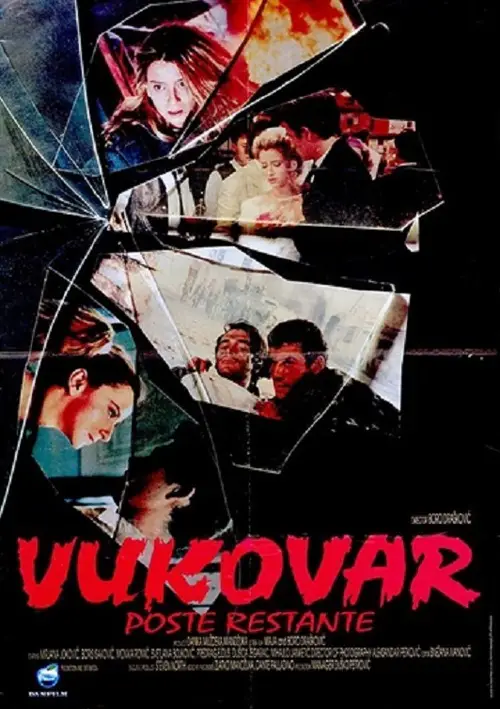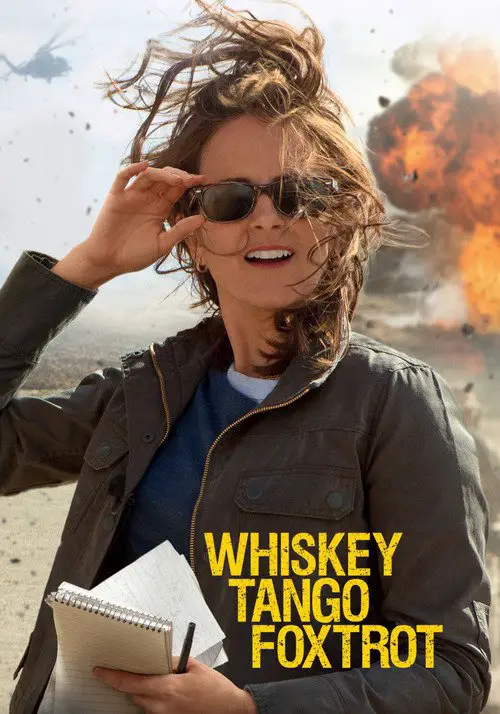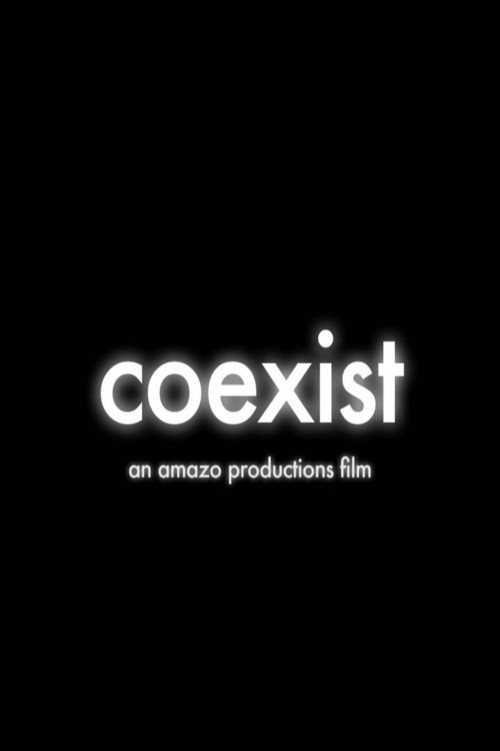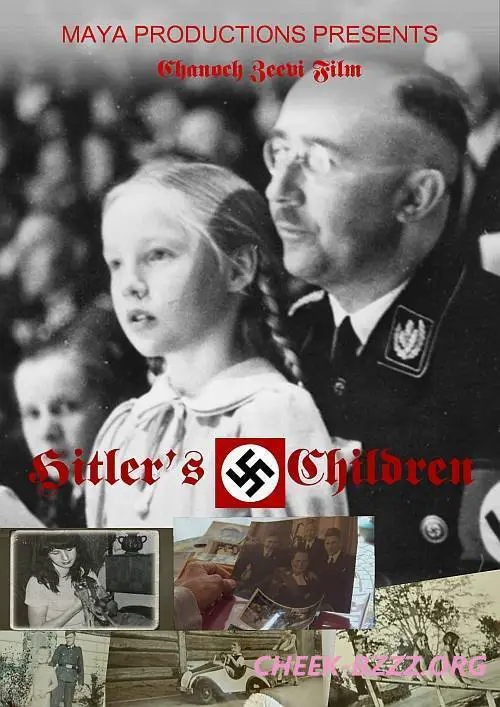Anathema (2006)
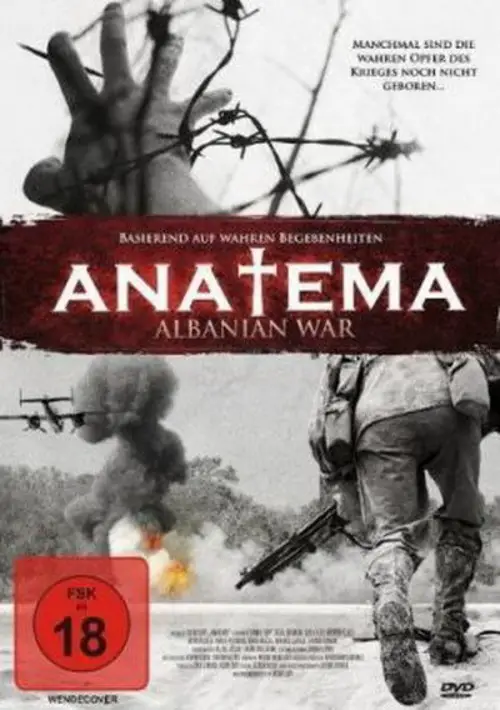
Similar movies
Battle of Kosovo (Serbian: Boj na Kosovu) is a 1989 Yugoslav historical drama/war film filmed in Serbia. The film was based on the drama written by poet Ljubomir Simovic. It depicts the historical Battle of Kosovo between Medieval Serbia and the Ottoman Empire which took place on June 15 (according to the Julian calendar, June 28 by the Gregorian calendar) in a field about 5 kilometers northwest of Pristina.
The film "Kosova: Desperate Search" recounts the repercussions and effects of the Kosovar war on the Albanian population. Ethnic cleansings and other atrocities mentally and physically destroyed the people. The entwined destinies of individual persons and families from various geographic regions and social classes are the basis of a closely interconnected storyline. Families are not only looking for their missing children, but also for new hope and perspectives.
Harrison Lloyd is a Pulitzer-winning photojournalist. His wife and family are making it hard for him to keep his mind on his work when he's in a war zone, and he wants to change jobs to something less stressful. But he's got one last assignment, in war-torn Yugoslavia, in 1991, at the height of the fighting. Word comes back that he apparently died in a building collapse, but his wife Sarah (also a journalist for Newsweek) refuses to believe that he's dead and goes looking for him. She's helped immensely by the photo-journalists Eric Kyle and Marc Stevenson that she runs into over there; together, they're determined to make it through the chaotic landscape to Vukovar, which is not only the nexus of the war but where she believes Harrison is located. Meanwhile, Harrison's son Cesar is looking after his father's prized greenhouse, keeping hope, and flowers, alive.
The circularity of violence seen in a story that circles on itself. In Macedonia, during war in Bosnia, Christians hunt an ethnic Albanian girl who may have murdered one of their own. A young monk who's taken a vow of silence offers her protection. In London, a photographic editor who's pregnant needs to talk it out with her estranged husband and chooses a toney restaurant.
Pretty Village, Pretty Flame (Serbian: Lepa sela lepo gore) is a 1996 Serbian film directed by Srdan Dragojevic that gave uniquely bleak yet darkly humorous account of the Bosnian War. It is considered a modern classic of Serbian cinema.[citation needed] Almost 800,000 people went to see the movie in cinemas across Serbia. This equates to approximately 8% of the total country's population at the time of the film's release. The plot, inspired by real life events that took place in the opening stages of the Bosnian War, tells a story about small group of Serbian soldiers trapped in a tunnel by a Muslim force. The film's screenplay is based on an article written by Vanja Bulic for Duga magazine about the actual event. Through flashbacks that describe the pre-war lives of each trapped soldier, the film describes life in former Yugoslavia and tries to give a view as to why former neighbours and friends turned on each other.
Circles (Serbian: Krugovi) is a Serbian movie based on the true story of a Serbian soldier who risked his life to protect a Muslim civilian during the war in Bosnia. During the war in Bosnia in 1993, a Serbian soldier pays for his life after protecting a Muslim civilian from being attacked by three other soldiers. 15 years later, the consequences of this act of heroism are still having their repercussions.
One Serbian army battery in the First World War, in forced march with no stopping and rest, arrives to Cer and, in decisive moment, enters the fight and throws off Austrian troops which penetrated into the country. This is not only the chronicle of Cer battle, but Serbian drama and drama of one nation who made impossible possible during the fight against the empire which wanted to take away their country. This drama is based on credible events and authentic documents.
A series of events unfold like a chain reaction, all stemming from a minor event that brings the film's five characters together. Set in Paris, France, Anne is an actress whose boyfriend Georges photographs the war in Kosovo. Georges' brother, Jean, is looking for the entry code to Georges' apartment. These characters lives interconnect with a Romanian immigrant and a deaf teacher.
This film predominantly deals with the problems of a young man whom his delusions led into conflict with society. These issues will throw him into an adventure that would be tragic for him, but still helpful for him to see the truth. The story takes place in Kosovo in 1945, in an atmosphere of uncured wounds, wandering, betrayal, burned homes, typhoid and other postwar misery. An authentic story from those days was taken as the film's basis.
St. George Slays the Dragon (Serbian: Sveti Georgije ubiva aždahu) is a Serbian World War I drama. The movie starts with Kingdom of Serbia battling the remaining Turkish occupiers during the First Balkan War in 1912 and ends with the outbreak of World War I in 1914. The movie's central theme is a love triangle between the village gendarme ÄorÄe, his wife Katarina and the young disabled war veteran Gavrilo who was previously engaged to Katarina before he went to war and lost his arm in battle. Even though Katarina in the meantime married ÄorÄe, she still has affection for Gavrilo. At the onset of World War I, all able-bodied men in the village are recruited for combat. Left in the village are only women, children and disabled veterans from previous Balkan wars. Rumours start circulating that the invalids in the village are trying to take advantage of the situation by making their moves on the women in the village â the wives and sisters of the recruited men.
When in 1941 Nazi Germany invaded the Soviet Union, their troops quickly besieged Leningrad. Foreign journalists are evacuated but one of them, Kate Davies, is presumed dead and misses the plane. Alone in the city she is helped by Nina Tsvetnova a young and idealist police officer and together they will fight for their own survival and the survival of the people in the besieged Leningrad. Written by Marcio Eduardo
Follow a group of international journalists into the heart of the once cosmopolitan city of Sarajevoânow a danger zone of sniper and mortar attacks where residents still live. While reporting on an American aid worker whoâs trying to get children out of the country, a British correspondent decides to take an orphaned girl home to London.
Belgrade, 1999. Producer Sergei and his film crew are in a disastrous situation - the film they're making is under threat - there's no money, the crew are dissatisfied - and NATO bombing is just around the corner. Then a member of the State Security Service (Mileta) comes looking for American co-producer Harvey. Anxious and worried, in the midst of the bombing that's begun, Sergei hides Harvey from what he thinks is awaiting him - arrest. During the night, he thinks up a plan. He announces the start of filming on a new, patriotic film - in which the main role will be played by Harvey. The plan works - the State supports the film and Mileta, as the State's representative, joins the crew. However, the underlying conflict between Mileta and Sergei explodes during the first screening. Mileta accuses them of being artists, and not being patriots.
The horrors of war are examined from the view points of lifelong friends (Linus Roache, Vincent Perez), who end up on opposing sides in the civil war in Sarajevo. One is an expert marksman, who trains the snipers used to terrify the city and the other becomes a freedom fighter, who rejects his friend's offer to gain an escape from the city. As might be expected, the two eventually have to face-off against one another.
The Killing Fields tells the real life story of a friendship between two journalists, an American and a Cambodian, during the bloody Khmer Rouge takeover of Cambodia in 1975, which lead to the death of 2-3 million Cambodians during the next four years, until Pol Pot's regime was toppled by the intervening Vietnamese in 1979.
In the nineties the Yugoslavia Federation falls apart in bloody wars. Perpetual student Milan, a Serb from a patriarchal community and Kenan, a Muslim cellist, are a homosexual couple living in Sarajevo. Their lives, intimate and public, are shaken up by the aggression in Bosnia and Herzegovina, whose devastating consequences unfold in inter-ethnic hatred. Trapped in Sarajevo during the siege of the Serb forces, the lovers manage to flee to Milan's home village and there they take shelter, waiting for Milan's father, Ljubo, to find a way to the Netherlands. Witnessing the brutality of Serb forces and their hatred towards Muslims, Milan desperately improvises: he disguises Kenan as a woman and begins to present him as his wife, Milena, a secret discovered by Milan's best friend, Lunja. Milan is drafted into the army and the situation becomes almost unbearable for Kenan. His one companion, is Ranka, a waitress in a local café, a woman whose dark secrets terrify most of the villagers ...
While flying a routine reconnaissance mission over Bosnia, fighter pilot Chris Burnett photographs something he wasn't supposed to see and gets shot down behind enemy lines, where he must outrun an army led by a ruthless Serbian general. With time running out and a deadly tracker on his trail, Burnett's commanding officer decides to risk his career and launch a renegade rescue mission to save his life.
Set amid the atrocities of war in the Balkans, Witnesses is retold, Rashomon-style, from various characters' viewpoints, adding new information about the complexity of war and humanity. Beginning inside a rustic house with a woman in black (Mirjana Karanovic) standing beside her husband's coffin, Witnesses interweaves the stories of a small town confronting ethnic hatred and deep moral ambiguities.
Kosmet in the fall of 1944. The Partisans have successfully liberated the town of Prizren from occupying Germans,and Ramiz Leshi, a brave and cunning KNOJ captain, has to liquidate the remainder of the local Quislings, called Balists. They are led by a ruthless, German-trained soldier Kosta and by Ahmet, the brother of the famous Captain. As Ramiz is trying to get Ahmet out of the gang and hunt down the rest of the Balists, 2 new girls arrive in town. One of them is Lola, a bar singer with a questionable agenda, and the other is Vida, a withdrawn music teacher from Belgrade.
In this episodic WW II drama, a Yugoslavian youth attempts to escape from German soldiers. In the first scene, he stands amongst a group of refugees waiting for a train. One man, with no identification papers is accused of a petty crime and the crowd insists that three soldiers arrest him. The youth tries to stop them all, but he fails and the man is executed. Soon afterward, his wife shows up and proves that he was indeed innocent. In the second episode, the youth participates in a resistance raid and ends up pursued into a swamp where he meets another fugitive. This man ends up sacrificing his life so that the youth can escape. The final story begins as the war ends. The youth has become an officer in the Yugoslav army and is being forced to deliver an order to execute all citizens who collaborated with the Germans. One of the traitors is a woman he cares for, but this doesn't stop him from obeying his commands.
Silent Gunpowder (Serbo-Croatian: Gluvi barut) is a Yugoslavian war film Based on a novel by Branko ÄopiÄ and set during World War II, the film tells the story of a Serbian village in the mountains of Bosnia and its villagers who found themselves divided along two opposing ideological lines, represented by the Chetniks and the Partisans. These two opposing sides are personified in the Partisan commander Å panac and a former Royal Army officer RadekiÄ. Å panac sees RadekiÄ as the cause of villagers' resistance to the new, Communist, ideology and so the main plot axis is the conflict between them. At the 1990 Pula Film Festival, the film won the Big Golden Arena for Best Film, as well as the awards for Best Actor in a Leading Role (Branislav LeÄiÄ), Best Film Score (Goran BregoviÄ). The film was also shown at the 1991 Moscow International Film Festival, where both Branislav LeÄiÄ and Mustafa NadareviÄ won the Silver St. George Award for their performances.
A nameless woman keeps a diary as the Russians invade Berlin in the spring of 1945. She is in her early 30s, a patriotic journalist with international credentials; her husband, Gerd, a writer, is an officer at the Russian front. She speaks Russian and, for a day or two after the invasion, keeps herself safe, but then the rapes begin. She resolves to control her fate
A harsh dose of cinematic realism about a harsh time-the Bosnian War of the 1990s-Juanita Wilson's drama is taken from true stories revealed during the International Criminal Tribunal in The Hague. Samira is a modern schoolteacher in Sarajevo who takes a job in a small country village just as the war is beginning to ramp up. When Serbian soldiers overrun the village, shoot the men and keep the women as laborers (the older ones) and sex objects (the younger ones), Samira is subjected to the basest form of treatment imaginable
In the autumn of 1991, a small group of Croatian soldiers go on patrol in an improvised armored vehicle. Soon after that they would get ambushed and their vehicle would get destroyed, in that situation they were forced to hide in a nearby house. Whilst stationed in that house they would get attacked by rebel Serbs, Serbian Special Forces and the JNA (Yugoslav People's Army, also reffered to as Yugoslavian National Army). Their resistance to the attackers would last 24 hours whilst their fellow combatants would attempt to try and get them out of there. The movie and story is based on true events which happened during the Croatian War of Independence.
Sir! No Sir! is a documentary film about the anti-war movement within the ranks of the United States Military during the Vietnam War. It consists in part of interviews with Vietnam veterans explaining the reasons they protested the war or even defected. The film tells the story of how, from the very start of the war, there was resentment within the ranks over the difference between the conflict in Vietnam and the "good wars" that their fathers had fought. Over time, it became apparent that so many were opposed to the war that they could speak of a movement.
The European war was only beginning to erupt across national borders. Its titular hero, Johnny Jones, is an American crime reporter dispatched by his New York publisher to put a fresh spin on the drowsy dispatches emanating from overseas, his nose for a good story promptly leading him to the crime of fascism and Nazi Germany's designs on European conquest In attempting to learn more about a seemingly noble peace effort, Jones who walks into the middle of an assassination, uncovers a spy ring, and, not entirely coincidentally, falls in love.
In 2002, cable news producer Kim Barker (Tina Fey) decides to shake up her routine by taking a daring new assignment in Kabul, Afghanistan. Dislodged from her comfortable American lifestyle, Barker finds herself in the middle of an out-of-control war zone. Luckily, she meets Tanya Vanderpoel (Margot Robbie), a fellow journalist who takes the shellshocked reporter under her wing. Amid the militants, warlords and nighttime partying, Barker discovers the key to becoming a successful correspondent.
Coexist tells the emotional stories of women who survived the Rwandan genocide in 1994. They continue to cope with the loss of their families as the killers who created this trauma return from jail back to the villages where they once lived. Faced with these perpetrators on a daily basis, the victims must decide whether they can forgive them or not. Their decisions are unfathomable to many, and speak to a humanity that has survived the worst violence imaginable.
Their family name alone evokes horror: Himmler, Frank, Goering, Hoess. This film looks at the descendants of the most powerful figures in the Nazi regime: men and women who were left a legacy that indelibly associates them with one of the greatest abominations in history. What is it like to have grown up with a name that immediately raises images of genocide? How do they live with the weight of their ancestors' crimes? Is it possible to move on from the crimes of their ancestors?
© Valossa 2015–2025
| Privacy Policy
